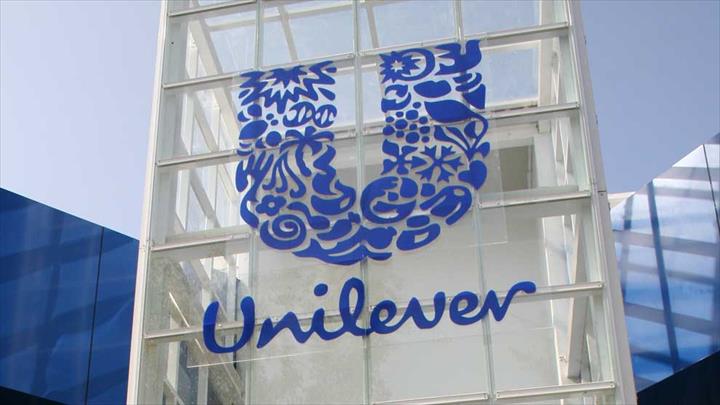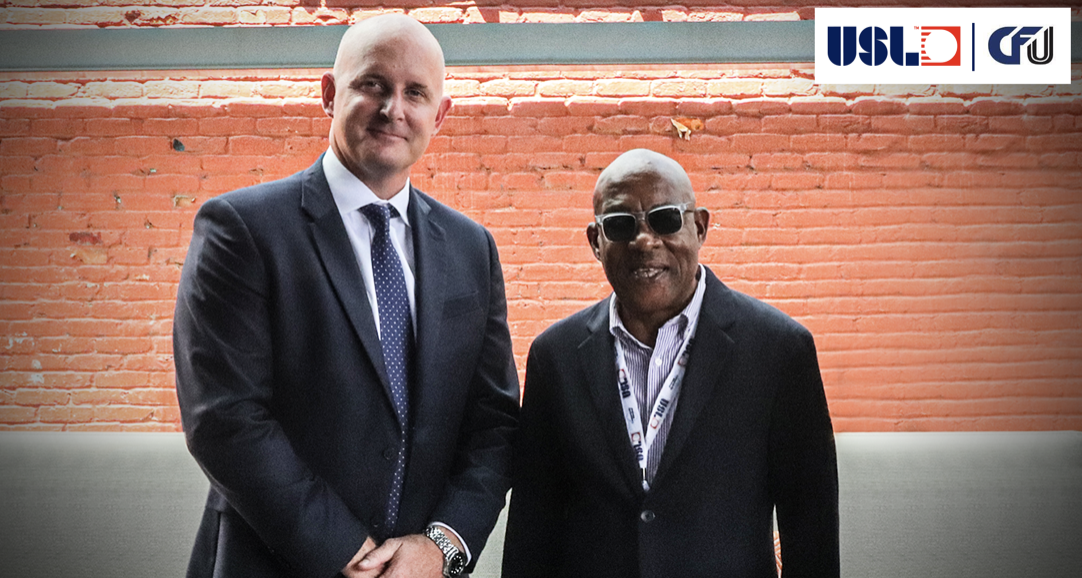Unilever ends production of Sunlight, Omo and Lux as part of repositioning plan
Unilever Nigeria, the local unit of British multinational consumer goods company Unilever Plc, is shutting down manufacturing of its home care and skin cleansing brands.
The brands are Omo, Sunlight and Lux, three iconic house brands that at different times in history have achieved iconic status with consumers.
“On March 17, 2023, Unilever Nigeria Plc announced changes in its business model to move out of the Homecare and Skin Cleansing categories,” Unilever Nigeria said in its recently released 2022 Audited Annual Report.
>"These categories have a dilutive effect on margins and the exit is part of the company's objective to make its operations in Nigeria competitive and profitable," the document adds.
The profit margin in the fast-moving consumer goods industry is typically slim, sometimes in the single digits, as competition is quite fierce and pricing can be sensitive.
Net profit margin, a key profitability metric measuring the share of revenue turned into profit (after tax), was 5% for FY2022, just slightly higher than the 4, 8% declared by the company one year before.
Margin dilution, which Unilever Nigeria said its homecare and skin cleansing businesses triggered in its overall financial performance, was a major factor that kept the profit margin low .
This implies that all things being equal, the manufacturer would have had higher profit margins had it discontinued these two business units when they became very expensive.

“All businesses must adapt to changing market circumstances and now is the time for us to reposition Unilever Nigeria Plc. to better meet the needs of our consumers, shareholders and employees,” the CEO said. Carl Cruz in a statement released the last week of March.
Mr. Cruz noted that Sunlight, Omo and Lux's production shutdown will be gradual and not dramatic.
The two categories Unilever is exiting from currently form the core of its Home and Personal Care division, which has accounted for the lion's share of the company's pre-tax (PBT) revenue and profit over the past two years.
While it accounted for 56% (N39.5 billion) of revenue and 56% (N1.2 billion) of PBT in 2021, it contributed 51.9% (N45.9 billion) naira) of revenue and 51.9% (4.1 billion naira) of PBT in 2022.
Unilever said in a statement in March that it would end its home care and skin cleansing businesses "to focus on higher growth opportunities".
The company, which has had a torrid time accessing foreign currency in Nigeria since pandemic shutdowns depleted the country's dollar revenue from oil sales, stressed in the same document that it would prioritize to “business continuity measures that reduce exposure to currency devaluation and liquidity.”
Liquidity problemIn May 2021, Nigeria's central bank devalued the naira by 7.6% against the dollar as part of a move towards a uniform exchange rate, as recommended by the International Monetary Fund. But the government has been unable to harmonize exchange rates to boost investor confidence.


The dollar exchange rate closed at 463.25 naira on Thursday on the official, government-controlled foreign exchange market, against 740.65 naira on the parallel market, according to @naira_rates. This leaves the gap between the two rates at almost 60%.
READ ALSO :
Unilever Nigeria, the local unit of British multinational consumer goods company Unilever Plc, is shutting down manufacturing of its home care and skin cleansing brands.
The brands are Omo, Sunlight and Lux, three iconic house brands that at different times in history have achieved iconic status with consumers.
“On March 17, 2023, Unilever Nigeria Plc announced changes in its business model to move out of the Homecare and Skin Cleansing categories,” Unilever Nigeria said in its recently released 2022 Audited Annual Report.
>"These categories have a dilutive effect on margins and the exit is part of the company's objective to make its operations in Nigeria competitive and profitable," the document adds.
The profit margin in the fast-moving consumer goods industry is typically slim, sometimes in the single digits, as competition is quite fierce and pricing can be sensitive.
Net profit margin, a key profitability metric measuring the share of revenue turned into profit (after tax), was 5% for FY2022, just slightly higher than the 4, 8% declared by the company one year before.
Margin dilution, which Unilever Nigeria said its homecare and skin cleansing businesses triggered in its overall financial performance, was a major factor that kept the profit margin low .
This implies that all things being equal, the manufacturer would have had higher profit margins had it discontinued these two business units when they became very expensive.

“All businesses must adapt to changing market circumstances and now is the time for us to reposition Unilever Nigeria Plc. to better meet the needs of our consumers, shareholders and employees,” the CEO said. Carl Cruz in a statement released the last week of March.
Mr. Cruz noted that Sunlight, Omo and Lux's production shutdown will be gradual and not dramatic.
The two categories Unilever is exiting from currently form the core of its Home and Personal Care division, which has accounted for the lion's share of the company's pre-tax (PBT) revenue and profit over the past two years.
While it accounted for 56% (N39.5 billion) of revenue and 56% (N1.2 billion) of PBT in 2021, it contributed 51.9% (N45.9 billion) naira) of revenue and 51.9% (4.1 billion naira) of PBT in 2022.
Unilever said in a statement in March that it would end its home care and skin cleansing businesses "to focus on higher growth opportunities".
The company, which has had a torrid time accessing foreign currency in Nigeria since pandemic shutdowns depleted the country's dollar revenue from oil sales, stressed in the same document that it would prioritize to “business continuity measures that reduce exposure to currency devaluation and liquidity.”
Liquidity problemIn May 2021, Nigeria's central bank devalued the naira by 7.6% against the dollar as part of a move towards a uniform exchange rate, as recommended by the International Monetary Fund. But the government has been unable to harmonize exchange rates to boost investor confidence.


The dollar exchange rate closed at 463.25 naira on Thursday on the official, government-controlled foreign exchange market, against 740.65 naira on the parallel market, according to @naira_rates. This leaves the gap between the two rates at almost 60%.
READ ALSO :What's Your Reaction?






















